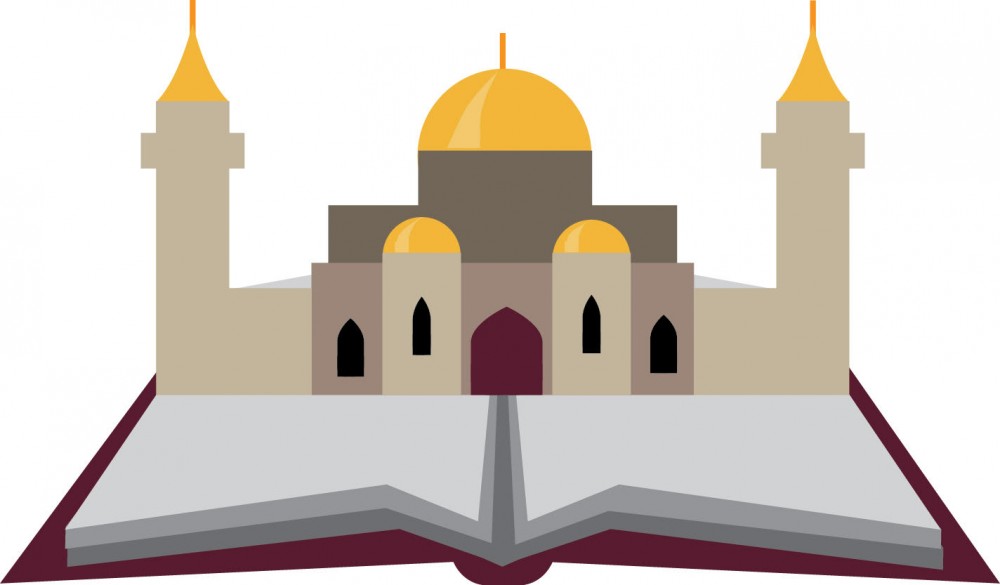A recently approved Islamic Studies minor is in development in the Religious Studies Program at the University of Minnesota.
On April 18, a proposal was approved to add an Islamic Studies minor at the University. While the Religious Studies Program does offer courses covering Islam, the new minor will allow students to tie their studies together.
Jeanne Kilde, director of undergraduate studies for the Religious Studies Program, said she is excited to offer another path for students within the Religious Studies program.
“Any time that we are able to educate people about religion, it is really important to us, because religion is such an important part of human life,” Kilde said. “We are always looking for ways to get more students interested in the academic study of religion.”
Two newly hired professors started at the University last semester to teach Islamic Studies.
One of the hires, Mohsen Goudarzi, focuses on early Islamic history and Quranic studies. His hiring was one of the first steps in filling the gap in the program, Kilde said.
“[The minor] allows people to have something on their transcripts which perhaps better reflects the kinds of courses that they have taken here,” Goudarzi said. “[It would be beneficial] for students in both academic careers, such as a master’s or Ph.D. in Islamic Studies in particular, but also for any public or private work.”
Religious studies goes beyond the academic study of religious texts, beliefs and practices.
“It is a lens through which students ask questions about society and history — the role of religion and religious identity in shaping the world in which we live,” said Aisha Ghani, the other new hire, who focuses on social science and anthropology. “What does religion enable, and why does it continue to be important to people today?”
Ghani said many of her classes focus on a variety of issues through the frame of Islam.
“When [students] study Islam in the United States, they’re learning about American history too,” she said. “American conceptions of religion, the management and treatment of religious minorities as well as a history of xenophobia.”
The Religious Studies program started at the University over ten years ago. Kilde said there are still some gaps in the program for certain religious traditions, but the Islamic Studies minor, and possibly an eventual major, is an important step toward filling those gaps.
First discussions of the Islamic Studies minor began in 2016, Kilde said. The proposal will soon hit the desk of Provost Karen Hanson, then the Board of Regents.
Kilde stressed that an education in religious studies is important in day-to-day life and is increasingly important for employers.
“In the past few generations, some believed that religion would die out, but instead it has become increasingly evident in the public square,” Kilde said. “Being aware of different outlooks and perspectives of folks from different religious backgrounds is a very useful skill in this day and age.”
Goudarzi said that a religious studies education is an important tool in today’s world. “The role of religion, of whatever kind, is really pervasive, not only in the U.S., which I think is tangible, but also around the world,” Goudarzi said.
Ghani said there is greater need for Islamic studies courses because of religious issues prevalent on a national scale.
“Our exposure to Islam is very visible and audible on a daily basis — locally, nationally and internationally. Students are interested in classes that nuance and challenge the [limits of] public discourses and representations of Islam.”








